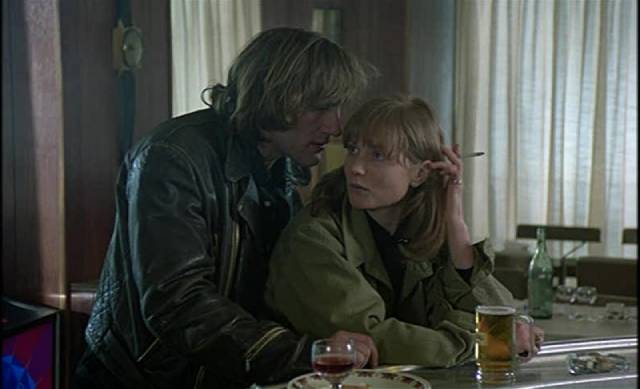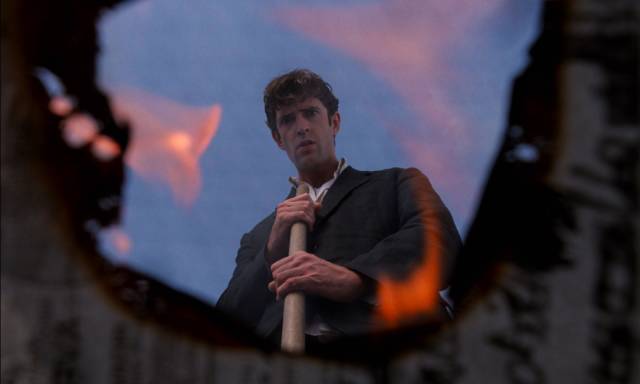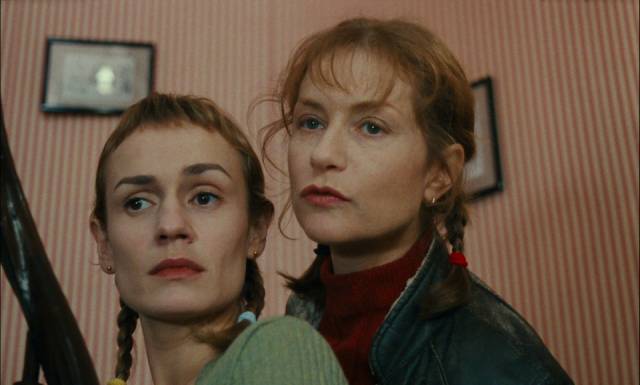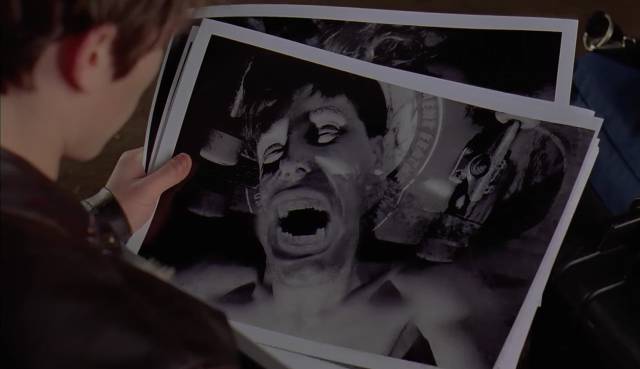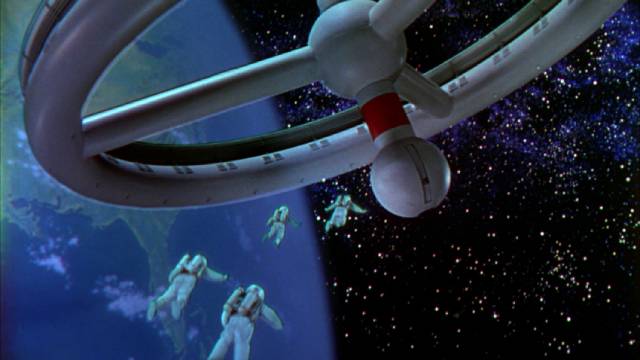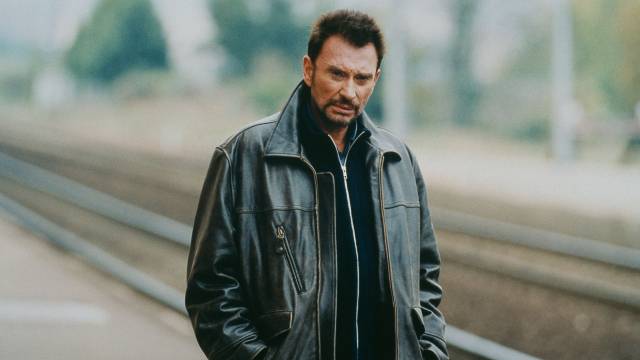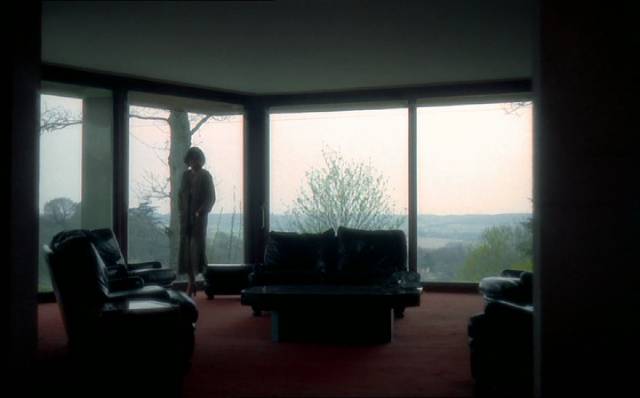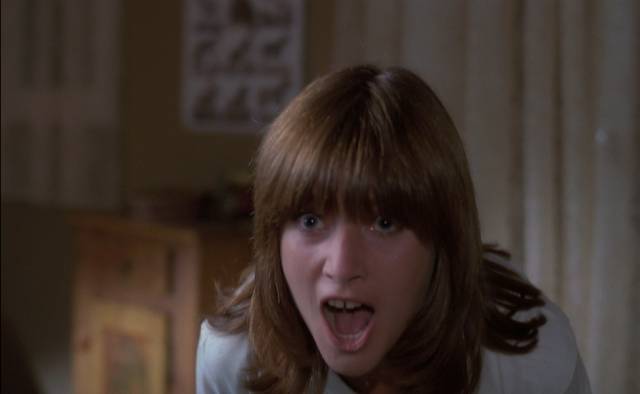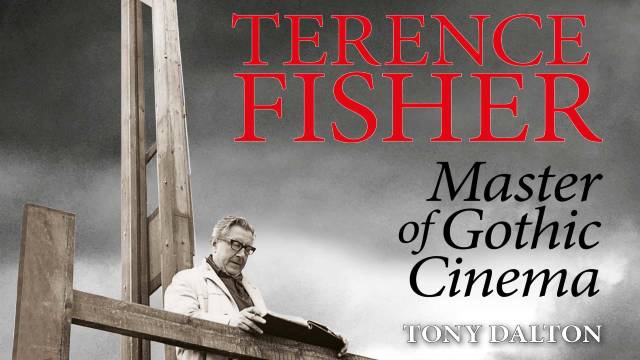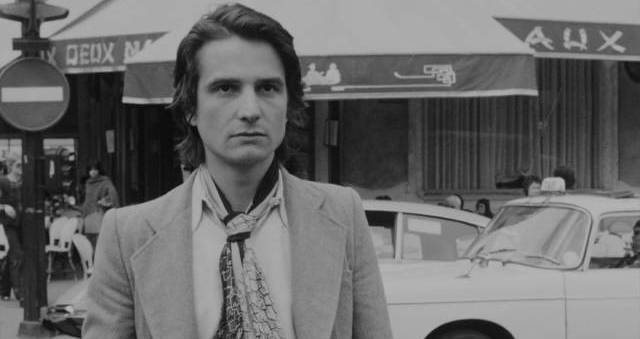
Criterion’s new release presents a stunning restoration of Jean Eustache’s intimate epic The Mother and the Whore (1973), a bleak epitaph for the failed promise of social change which climaxed and crashed with the May 1968 uprising in Paris: a few years later, the film’s characters are adrift and trying to rebuild a sense of themselves in a society which has rejected them and their dreams.
